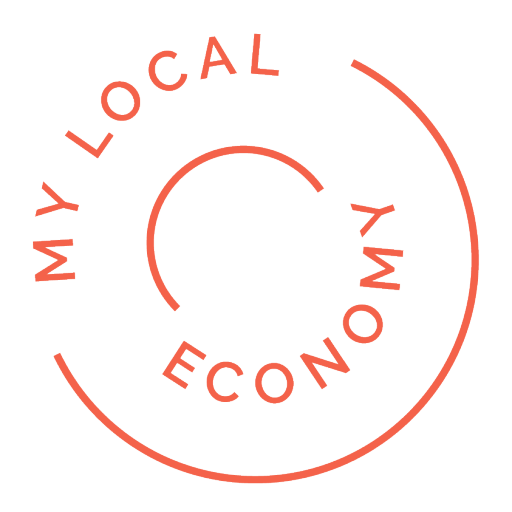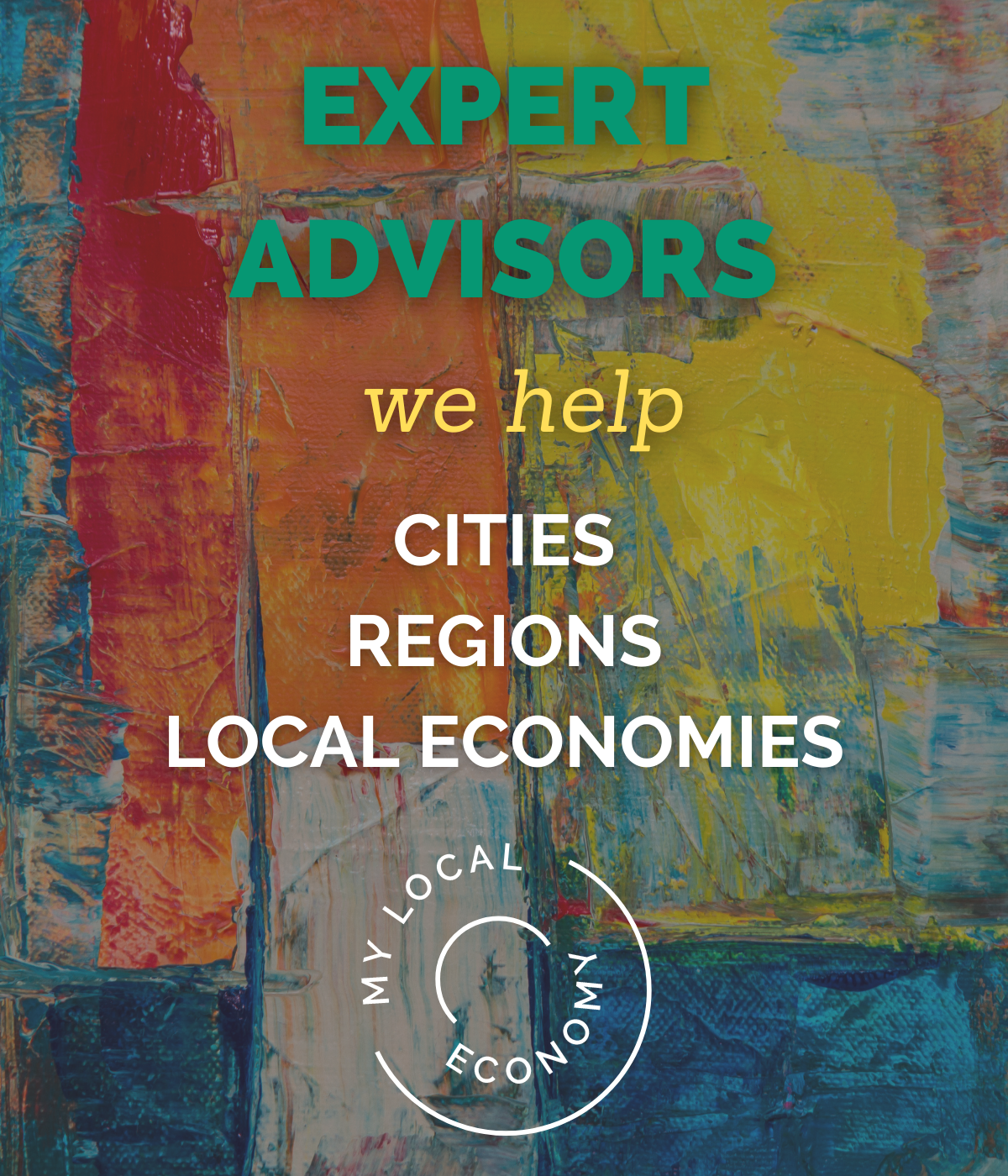 The Centre for Cities recently launched a report criticising a number of LEPs for a lack of progress in establishing themselves.
The Centre for Cities recently launched a report criticising a number of LEPs for a lack of progress in establishing themselves.
The think tank claims through its research that Eight have yet to have their boards recognised by government, only two have produced a long-term strategic plan and five do not have a dedicated website. In some cases, it is claimed that LEPs have appointed huge boards and advisory teams. For example, it is suggested that the South East LEP has 43 board members and the Coventry and Warwickshire LEP has 14 associated focus groups, with at least 160 people involved. This, the Centre for Cities argues, could add a level of bureaucracy and process that might slow decision-making.mselves.
I definitely have views on this. I support the braveness of the report’s authors to put these arguments on the table, although I’d like to add a bit more depth and insight into the particular issues. My specific comments are as follows:
- boundaries and their relation to ‘functional economies’ – some LEPs have several travel to work areas, some break up city regions into seperate LEPs. Although my criticism is qualified – as I think its a bit far to claim that you can actually draw a line around a functional economy. There are so many markets for labour, goods, services to make most lines irrelevant. And then markets and flows change, to make these boundary lines moribund. Then there is the administrative effectiveness (or subsidiarity) argument – i.e. some functions are more effectively done at certain geographical scales, or per capita scales. There are also fiscal federalism arguments about the efficiency of the scale of administration too. Drawing lines is complicated. Personally I think politically expeditive solutions are best. If a bunch of areas get on, and are willing to work together then its far more likely that they will make progress, and might collaborate with other LEPs on city-region scale issues. Why waste time trying to design the perfect administrative area? even if you could do this, it will not be perfect for very long.
- Sizes of boards, governance arrangements. I think the whole thing about localism is that local areas do things they way they want to. At the early stages, of canvassing opinions etc, there are bound to be lots of board members, focus groups etc. To be honest – this is more welcome than the views I’ve heard that “we know what to do and will get on with it, we don’t need to ask people etc.” LEPs are doing something that RDAs didn’t do well enough – to engage, and prioritise with stakeholders early on.
- Slow progress in setting up and local differentiation might not help with national growth priorities but LEPs are not about delivering national policy initiatives, programmes and budgets like RDAs were. In fact LEPs have very few resources. It will take time for LEPs to work out what they can do by cajoling partners, by implementing innovative new approaches, and delivering government funded initiatives.
- Government getting to grips with underperforming LEPs. I’m wondering just how government will do this as LEPs are not statutory bodies, nor have they any great amount of government guidance or direction – nor much government resources nor money. Its hard to see what leverage central government has – or indeed, if it should have any. If we are to believe the commitment to localism this means letting some local arrangements find their own way, and perhaps letting some fail in the process.
- Nurture and support rather than berate and interfere. For LEPs and localism to work, the best way forward is to offer support, guidance, and capacity development for LEPs to help themselves. Centrally imposed solutions will snuff localism out before it even begins.
- Its difficult for LEPs to engage with statutory duties etc with very little in the way of executive staff. For example, to comply with the duty to cooperate in the National Planning Policy Framework, LEPs would need at least one senior planner to do this. Yet LEPs are struggling to fund all but the smallest teams of officers and executives.
- For me LEPs should be about new ideas and innovation – coming up with exciting new initiatives, combinations of assets and stakeholder activities. Planning cooperation, operating and managing big sprawling partnerships etc – its easier to do this with some strong priorities and new ideas, rather than focusing on statutory and other bureaucratic processes (hey, I’m talking from the experience of sitting on LAA & MAA meetings here!!!).
- Judge by economic impact and outcomes. LEPs can only really be judged by the difference they make to their local economies and the cumulative national impact. You cannot judge the success of a policy initiative by lines on maps, websites, boards and strategies. The new policy of localism is to let local partners get on with this, and if they succeed, they take the credit and if they fail, they take the criticism. That’s Localism – get used to it.
Personally, I’m interested in the possibilities of what LEPs can do. I don’t really see the boards, focus groups etc as being a fundamental concern. If they lead to some new ideas or innovations, that that’s all good. The one thing I would encourage all LEPs to do is think about how they can practically address their top priorities – and to think creatively about this. I’ve blogged here about how local economic development needs an injection of entrepreneurial dynamism:-
In this era of low public investment, local economic actors and leaders need to become star entrepreneurs, deal makers, innovators, networkers, facilitators, and brokers. There are tremendous challenges facing the UK and world economy. Policy making and policy makers must innovate themselves or become irrelevant. Localism is about rising to this challenge (read more here).



